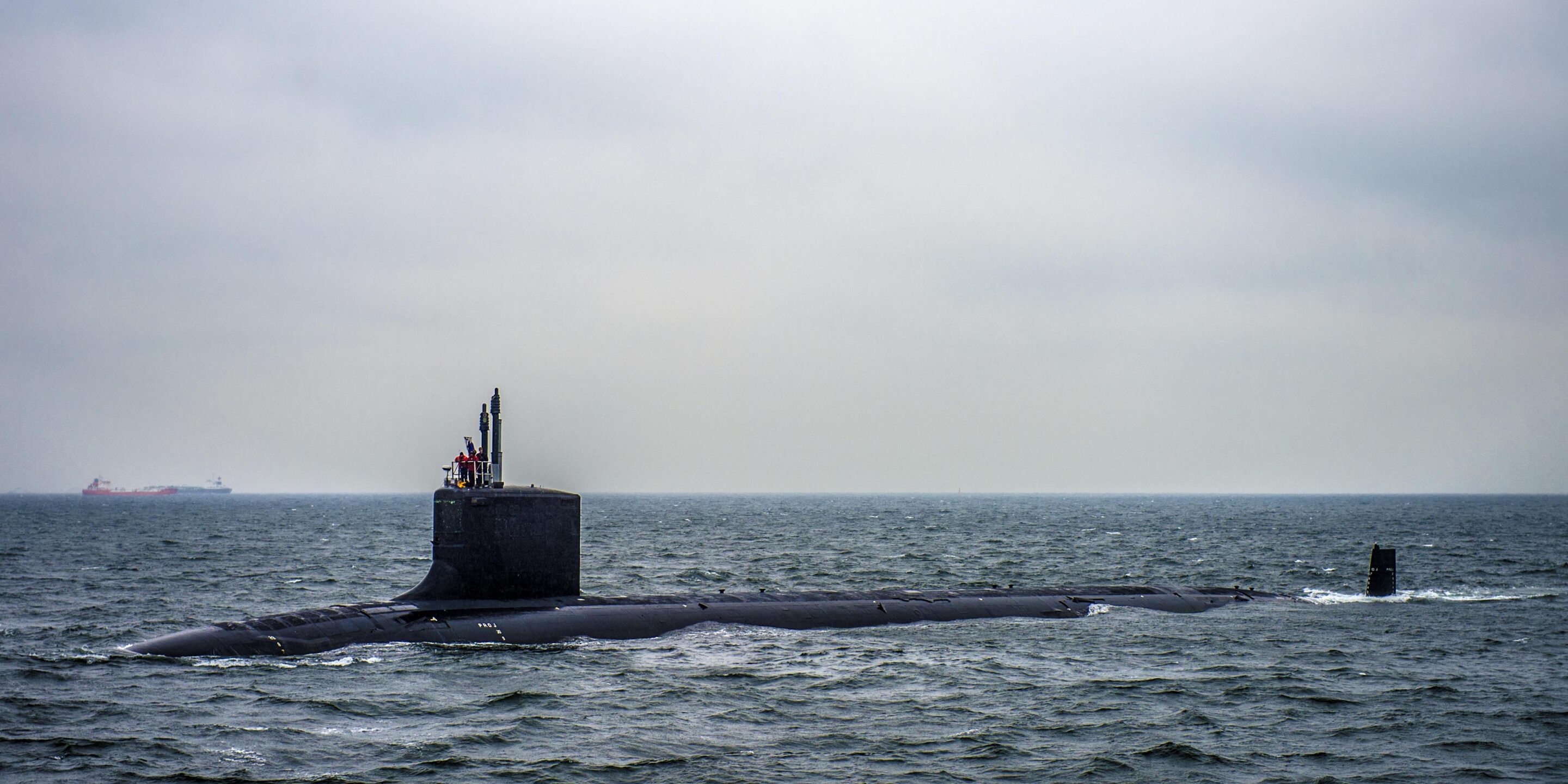July 14, 2025
AUKUS is a flawed but sensible way to burden-share in the Pacific

The Trump administration’s ambivalent approach to U.S. alliances has ruffled a lot of feathers, including in the Asia-Pacific. In a sign of disquiet, a number of Asia-Pacific leaders backed out of attending the June NATO summit in The Hague. Likewise, Tokyo recently scrapped a “2+2” summit of defense and foreign ministers with Washington.
Then there are the dark clouds swirling around the AUKUS submarine deal, which joined the capabilities of the U.S., Britain and Australia to build nuclear fast attack submarines (SSNs). AUKUS, which was first announced in fall 2021, is now under review by the Trump administration, with some Pentagon leadership expressing skepticism.
There are real problems with the deal that should be openly discussed and debated. But the United States should still remain a party to AUKUS as a way to share the burden of defense while maintaining the naval balance in the Pacific.
Nuclear submarines are the most important platform for 21st-century naval warfare, so it makes sense to prioritize them as a strategic hedge when the Chinese navy is advancing so rapidly. Nuclear submarines have unparalleled range, speed and stealth. While the Chinese navy is closing the gap in aspects of surface ship design, the U.S. Navy retains a substantial lead in undersea warfare that should be maintained.
More on Asia

February 27, 2026

Featuring Lyle Goldstein
February 22, 2026

Featuring Lyle Goldstein
February 22, 2026






